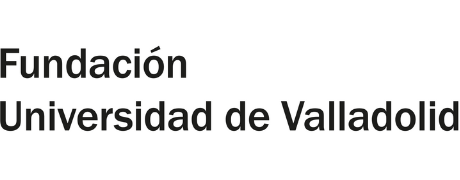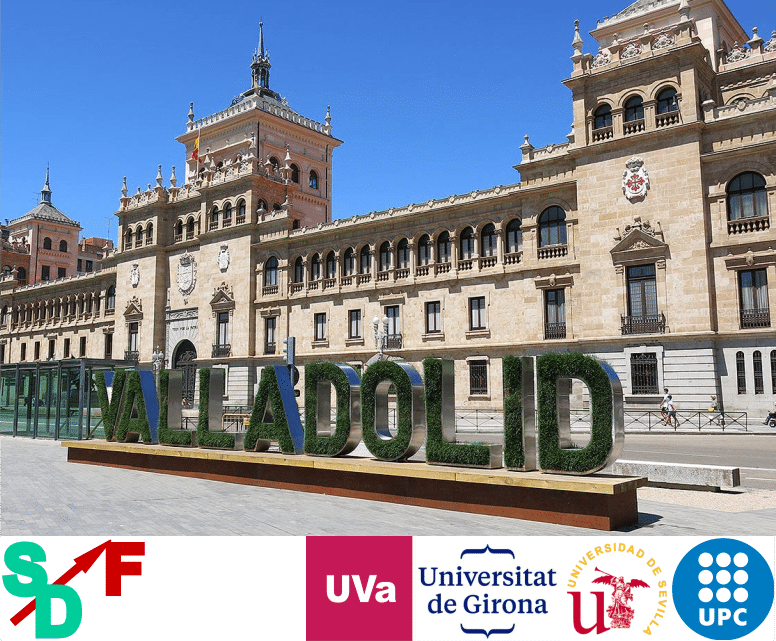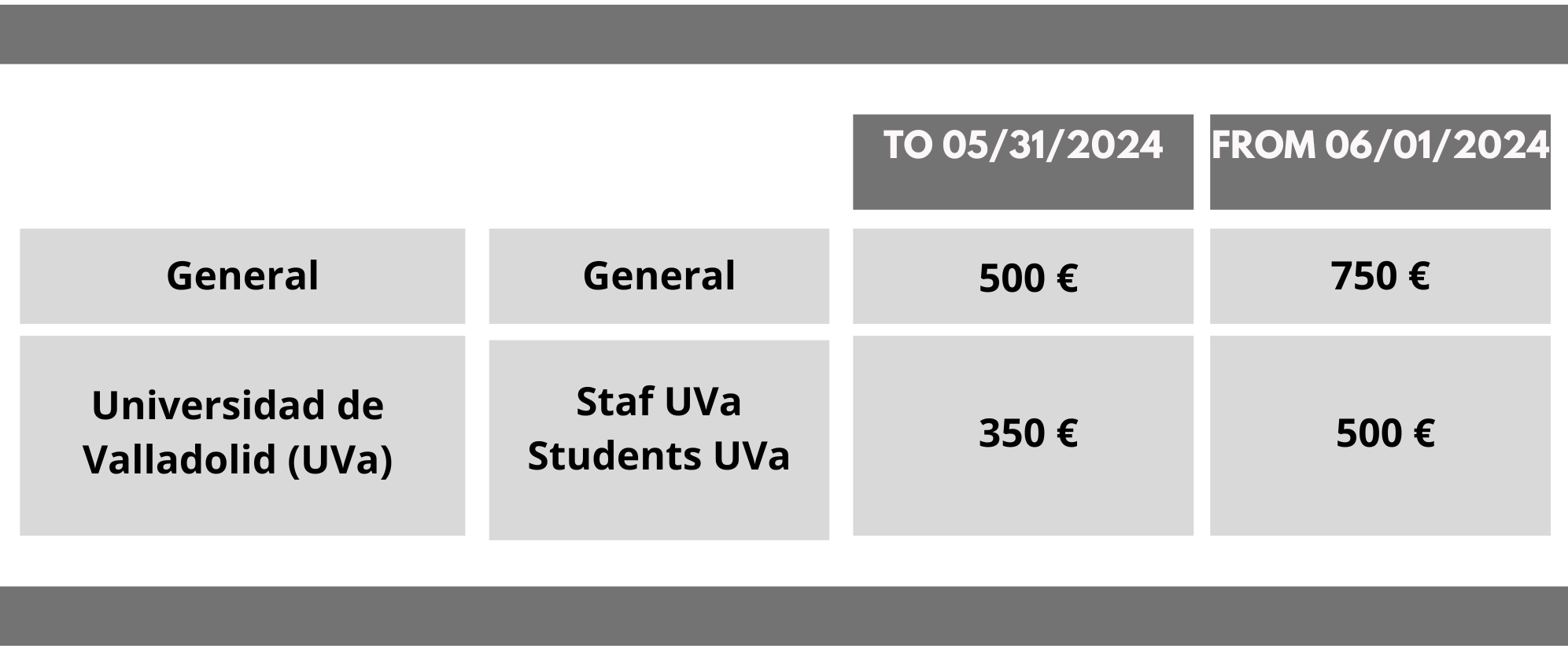23 Ene X International Summer School on Fault Diagnosis of Complex Systems
Currently, automated diagnosis of devices is an interesting research and development field. It can be approached with different techniques (knowledge-based systems, case-based reasoning, machine-learning or model-based reasoning) coming from different fields: Control Engineering, Artificial Intelligence or Statistics. It is not easy to include several of these techniques in a single course.
This School is an intensive seminar which will take place along 5 days in Valladolid, Spain. Its main goal is introducing students to different diagnosis approaches coming from different research communities: Control Engineering, Artificial Intelligence, Statistics…
The topics covered in this edition will be:
- Fundamental concepts.
- Model-based diagnosis, FDI: the control engineering approach.
- Fault diagnosis using statistical methods.
- Model-based diagnosis, DX: the artificial intelligence approach.
- Introduction to prognostics, and prognostics for electronic devices.
- The BRIGDE framework.
- Machine and Deep Learning methods for prognostics.
- Deep Reinforcement learning methods.
The School is open to PhD/master students and also to industrial practitioners interested in these approaches to diagnosis. Successful applications to fields like electronic circuits, chemical processes, continuous industrial processes, automotive, satellites, software, etc. have been made.
T1. INTRODUCTION. FUNDAMENTAL CONCEPTS.
- T1.1 Definitions: fault, failure, detection, diagnosis, reliability…
- T1.2 Foundations for fault detection and diagnosis in FDI and DX: detectability, observability, diagnosability…
T2. THE FDI APPROACH.
- T2.1. Structural analysis and analytical redundancy.
- T2.2. Model-based detection methods: parameter estimation, parity equations, state observers for linear and non-linear models.
- T2.3. Fault detection: residual evaluation by consistency tests, and envelope generators.
- T2.4. Fault isolation: structured and directional residuals.
T3. THE DX APPROACH.
- T3.1 Model-based diagnosis from AI Community. Consistency-based diagnosis, CBD: Theoretical (Reiter’s ) approach.
- T3.2 GDE: the computational approach to CBD.
- T3.3 Computational alternatives to GDE. Diagnosing multiple faults.
- T3.4 Constraint-driven fault diagnosis.
T4. BRIDGE: INTEGRATION OF FDI AND DX APPROACHES.
- T4.1 Theoretical links and comparison.
- T4.2 Practical comparison and potential synergies.
T5. DIAGNOSING BUSINESS PROCESSES.
- T5.1 Introduction to Business Processes.
- T5.2 Diagnosis in the Business Process lifecycle.
- T5.3 Self-adaptative Business Processes.
- T5.4 Challenges and applications.
T6. SOFTWARE DIAGNOSIS.
- T6.1 Introduction.
- T6.2 Software Testing.
- T6.3 Software Debugging.
- T6.4 Software Configuration Diagnosis.
T7. STATISTICAL APPROACHES TO FAULT DIAGNOSIS.
- T7.1. Fault diagnosis using statistical methods.
T8. MACHINE LEARNING MODELS FOR PROGNOSTICS AND CONDITION BASED MAINTENANCE.
- T8.1 Introduction to prognostics.
- T8.2 Statistical background: survival analysis and reliability.
- T8.3 Machine learning models for prognostics.
- T8.4 Application.
T9. INTRODUCTION TO DEEP REINFORCEMENT LEARNING.
09:00 – 13:30 h.
15:00 – 18:30 h.
The School is open to PhD/master students and also to industrial practitioners interested in these approaches to diagnosis.
Gautam Biswas (U. Vanderbilt).
Erik Frisk (U. Linköping).
L. Trave-Massuyes (LAAS-CNRS).
C. Alonso-González (U. Valladolid).
J. Armengol (U. Girona).
A. Bregon (U. Valladolid).
M.J. de la Fuente (U. Valladolid).
R. M. Gasca (U. Sevilla).
M. Teresa Gomez (U. Sevilla).
J. Melendez (U. Girona).
V. Puig (UPC).
B. Pulido (U. Valladolid).
For more information, contact us at 983.18.46.25 or by sending an email to formacioncontinua@fundacion.uva.es






Sorry, the comment form is closed at this time.